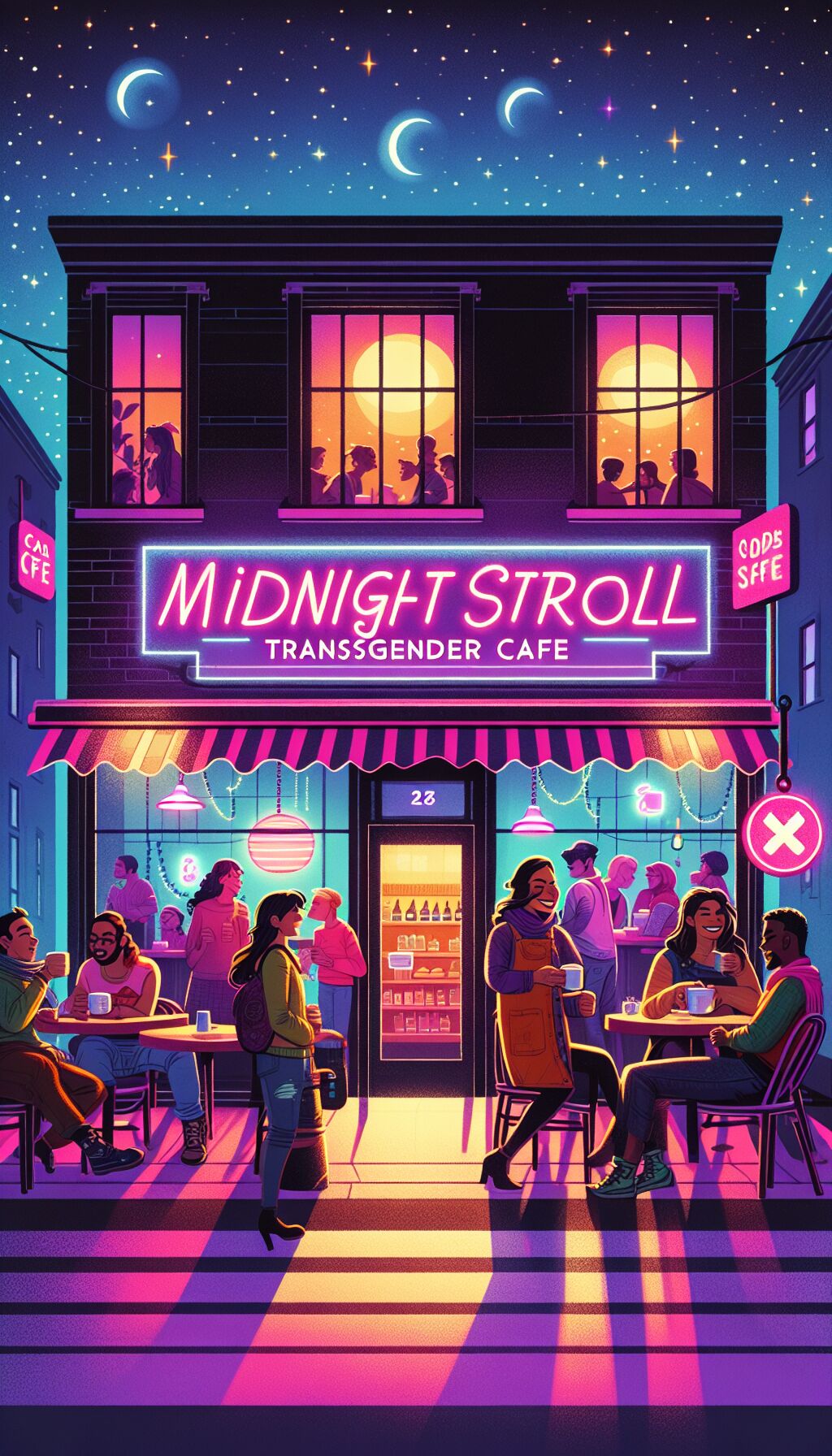Funding Controversies Amid California Wildfires
In a troubling juxtaposition, as Los Angeles grapples with one of the most devastating wildfire seasons in its history, officials have made sweeping cuts to fire department budgets. A recent analysis reveals that while crucial emergency services faced a funding reduction of .6 million, substantial taxpayer dollars have instead been redirected towards diversity, equity, and inclusion initiatives, as well as various social programs.
Wildfires Sweep Across Southern California
The state of California is reeling from a series of deadly fires that have claimed at least 10 lives and obliterated approximately 10,000 homes and businesses. These infernos, intensified by strong winds, have turned neighborhoods into ashes and sent residents scrambling for safety. Amid the chaos, some residents are questioning the decisions of their Democratic leadership, particularly in light of severe budget cuts to the Los Angeles Fire Department (LAFD) that were enacted just months before the fires escalated.
Many citizens witnessed firsthand the dire consequences of underfunding when fire hydrants unexpectedly failed to provide water during crucial moments of combatting the flames. “How could our city let this happen?” questioned one frustrated local, who had lost their home. “We pay so much in taxes, yet our firefighters are underfunded.”
Discrepancies in Budget Allocations
Examination of the L.A. County budget reveals a stark contrast in financial priorities. While the LAFD saw its funding slashed, substantial resources have been allocated to initiatives that some critics view as misaligned with the urgent needs of the community during crises. For instance, ,010 has been earmarked for the Gay Men’s Chorus of Los Angeles, a group dedicated to creating a platform for musical experiences that strengthen LGBTQ and performing arts community.
Additionally, 0,000 was allotted to a Homeless and HIV Program that includes a controversial syringe exchange initiative. This program aims to provide sterile syringes to homeless individuals who suffer from addiction—a move that some residents support as a harm reduction strategy, while others label it as misappropriating funds during a time of crises.
Funding for Celebrations Over Fire Safety?
Further examination shows that 0,000 was reserved for Juneteenth celebrations, accompanied by another ,000 for “Lesbian, Gay, Bisexual, and Transgender Heritage Month Programs.” Critics have expressed outrage over these budget decisions, especially in light of the LAFD budget being smaller than homelessness funding for the second consecutive year.
The Civil + Human Rights and Equity Department has also received 0,000 to support a “Midnight Stroll Transgender Cafe,” which aims to provide housing for homeless transgender individuals in Hollywood. Amid the swirling flames of disaster, these allocations have raised eyebrows, prompting celebrity criticism and public outcry for accountability.
Public Reaction and Celebrity Outcry
As chaos erupted from the wildfires, some Hollywood stars have taken to social media to voice their discontent with the budget priorities of state officials. Actress Sara Foster articulated her frustrations in a post, highlighting how residents pay some of the highest taxes in the nation while essential services like fire response have faltered. She lamented, “Our fire hydrants were empty. Our vegetation was overgrown… But thank god drug addicts are getting their drug kits,” targeting both the Mayor and Governor for their perceived failures. In a bold statement, she called for their resignations, asserting, “Your far-left policies have ruined our state. And also our party.”
The Consequences of Budget Cuts
Following the funding cuts, L.A. County Fire Chief Anthony Marrone lamented the lack of resources to tackle the scale of the fires. “There are not enough firefighters in L.A. County to address four separate fires of this magnitude,” he stated, revealing the extent of the challenge faced by emergency services in the current crisis. With dwindling resources amidst a growing crisis, residents are left questioning whether their leaders are prioritizing the needs of the public over bureaucratic initiatives.
Conclusion: A Call for Reassessment
The tragic circumstances surrounding the wildfires in California serve as a stark reminder of the fundamental need for effective resource allocation during times of crisis. The juxtaposition of reduced funding for emergency services while supporting a range of social initiatives casts a shadow over the decision-making process of local leaders. As communities rally together to face unprecedented threats to their homes and safety, it is essential for policymakers to reassess their priorities to ensure that public safety remains at the forefront. As the wildfires continue to rage, voices from within the community and beyond are calling for accountability and change—underscoring the urgency of addressing not just immediate threats, but the underlying systemic issues that exacerbate them.










